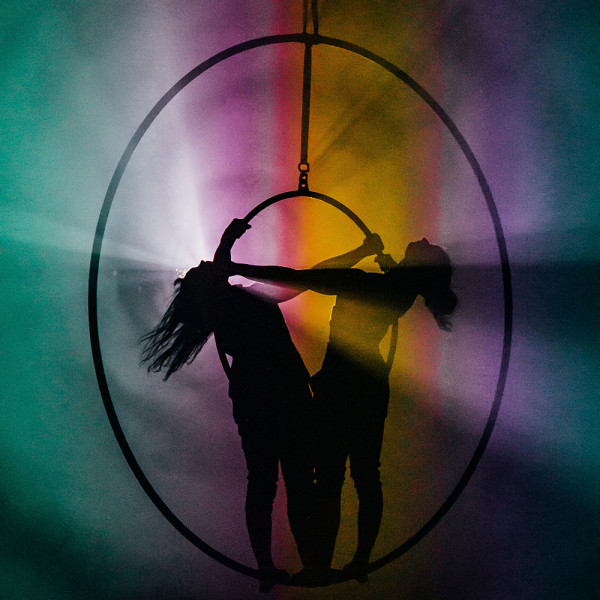
Two Guitars
Written by: Jamie McCaskill
Directed by: Carrie Green
Circa Theatre, 24th Mar 2024
Reviewed by: Tanya Piejus
Billy (Cameron Clayton) and Te Po (Jamie McCaskill) are musicians about to smash the biggest night of their lives on a Māori talent show. But backstage before their final performance, the uber-culturally authentic competition has them asking, “Are we Māori enough for this gig?”
Both whakama in their own very different ways, they approach their Māoriness, or lack of, very differently too. For Billy, it’s about trying to do the right thing, whether that’s practising his overly dramatic reo introduction for the show or donning a pounamu. For Te Po, it’s about cynicism and exposing the expected compliance with the vision of ‘being Māori’ that the show espouses. “You be a You Māori. And I’ll be a Me Māori. And Billy will be a Him Māori”, he says and proceeds to make himself deeply unpopular with the producers. That’s just one of the dramas unfolding here as they both have family crises happening in the background that add depth to the significance of the night.
Clayton and McCaskill are a well-matched pair, sparking off each other with an easy chemistry that keeps the energy bubbling. Clayton’s Billy is sweet and well intentioned, though misguided in his priorities. McCaskill’s Te Po is arrogant and reckless, bringing a wrecking ball to the whole enterprise with little thought for the consequences. All of this is delivered with delicious humour from both characters that elevates the deeper issues of colonisation and cultural disconnection from the frippery of the competition.
With six beautiful songs carefully woven into the narrative, Clayton and McCaskill get to show off their musical talents and superb singing voices. They’re well matched in this department too, creating stunning harmonies and playing off each other’s guitar rhythms with expert skill.
Supported by Green’s naturalistic direction, gorgeous lighting (Talya Pilcher), and an attractive woven-panel set (Ian Harman), Two Guitars is a funny, polished, and thoughtful vehicle for showing us that maybe, in Te Po’s words, “If you whakapapa, that’s enough.”











